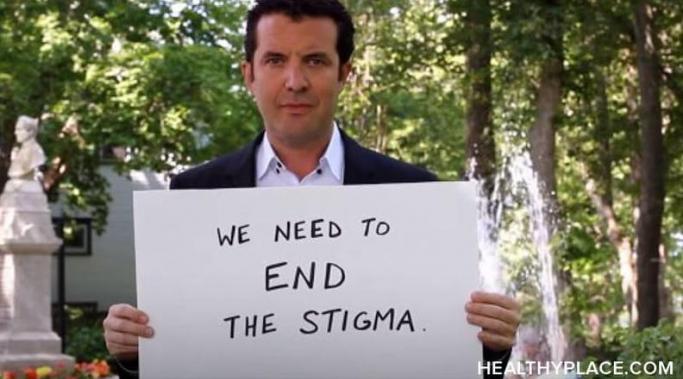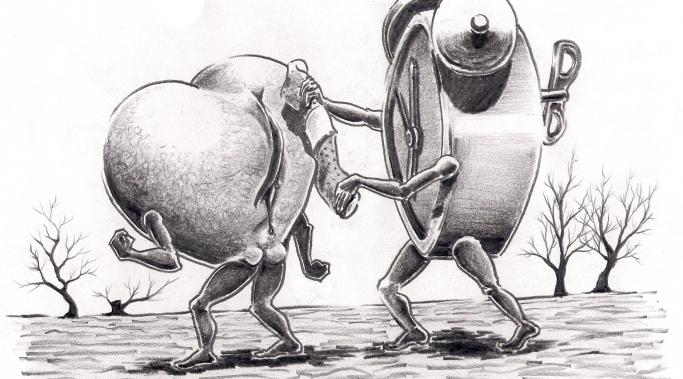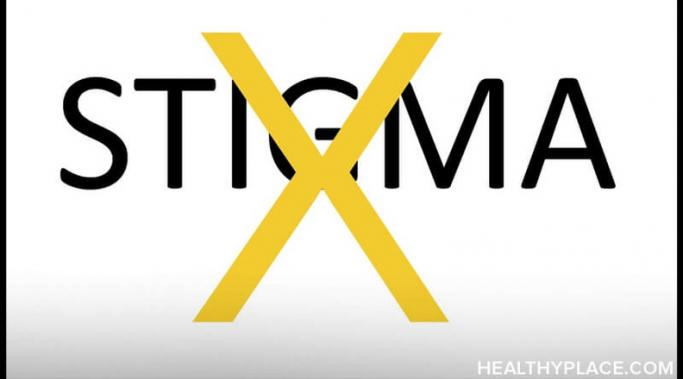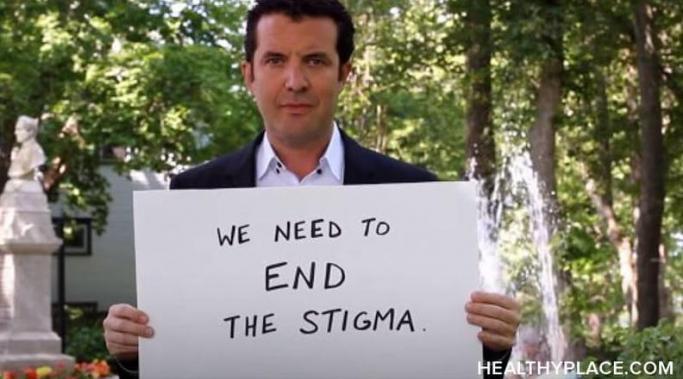When people have wrong ideas about those who suffer from a mental health issue, moods and relationships can be affected by this mental health stigma (Misunderstandings Can Contribute to Mental Health Stigma). Moods are affected by mental health stigma because when you allow these false ideas to affect you, quite often you will have poor self-esteem, which can lead to other effects such as isolation. Isolation is one of the worst parts of mental illness and when you stay inside and shut yourself off from the world, the first thing to be affected is relationships which can then lead to or add to low moods.
Self Stigma
Saying mental illness and acceptance in the same breath might seem like an awful idea at first, but accepting your mental health condition can actually be a key player in removing, or at the very least alleviating, the stigma you face (Why It’s Hard to Accept a Diagnosis of a Mental Disorder). Personally speaking, accepting my mental illnesses for what they are helped both the self-stigma and external stigma I felt.
When a parent is affected by mental health stigma, there are unique problems that occur (Issues for Parents With Mental Illness). These difficulties can range from a neighbor or friend commenting on your fitness of being a parent while living with a mental health issue, to having to battle for your children during a divorce hearing, or even facing losing your children as a result of a breakdown. The important thing to remember is when you are a parent affected by mental health stigma, there is always hope and you have to focus on getting yourself better first.
Sometimes even mental health advocates suffer self-stigma. There’s a lot more to advocacy than meets the eye (It's Critical to Be an Advocate for Those With Mental Illness). It’s not just standing up and saying or writing some words and expecting everyone to believe it – it’s about living the words, too. The challenge that comes with being a mental health advocate is that it creates an image or expectation of how people will see you. A mental health advocate's self-stigma can be a problem.
Stigma, as defined at dictionary.com is a mark of disgrace or infamy. Not all stigma is from others; sometimes stigma comes from within. When a person is ashamed because they have a mental illness of just about any kind, often because of negative opinions of others, they may try to hide their problem and not seek proper treatment. This effect is known as self-stigma and can be a barrier to relationships, employment, and especially proper mental health treatment.
We’re pretty obsessed with time and how its passing affects mental illness. We look at the amount of time we’ve suffered from mental illness and the amount of time we’ve recovered (Another New Year With Mental Illness). We use time to gauge how far we’ve come and how far we have to go. We use it to commend ourselves for how long we’ve been fighting. This obsession with time affects mental illness, but time does not heal mental illness.
Self-care isn’t a foreign topic when it comes to mental illness. Not only can self-care improve your overall mental wellness, but it’s more often than not a topic of conversation because of how incredibly difficult it can be to take care of ourselves when we’re struggling. The simple act of getting out of bed or having a proper meal can seem like a mountain to climb. One of the more interesting aspects of self-care, I think, is the self-stigma that’s attached to it; the self-stigma that says maybe we should stop focusing on ourselves for once.
Mental health labels can cause self-stigma, but they don't have to. An interesting realization came to me the other day. When I think about it now, it kind of seems self-evident, but it really struck me just how much of an issue it is. I’m talking about the self-stigma we feel when it comes to labels – whether the generalized “mental health” or “mental illness” label or more specific ones like depression or bipolar or whatever mental illness it is you deal with. But you can remove self-stigma from mental health labels.
I still fight the mental illness self-stigma that tells me not to let people know when I am affected by mental illness and feeling sick. When you have a mental illness, it is difficult to admit to other people that you are, indeed, affected by your illness. I feel weak at times and want to blame myself and my treatment team for my mental health relapse. And most of all, I fail to realize that this mental illness thing is going to affect me and there is nothing I can do about it.
I have a mental illness, but this does not make me any different than anybody else. It is stigmatizing for me to think otherwise. There are hidden stigmatized trenches in the way we perceive and think about our identity, and I also feel it is necessary to point out that just because you have a mental illness, you need not single yourself out as abnormal. You just plain have a mental illness and really it is not that big of a big deal.









